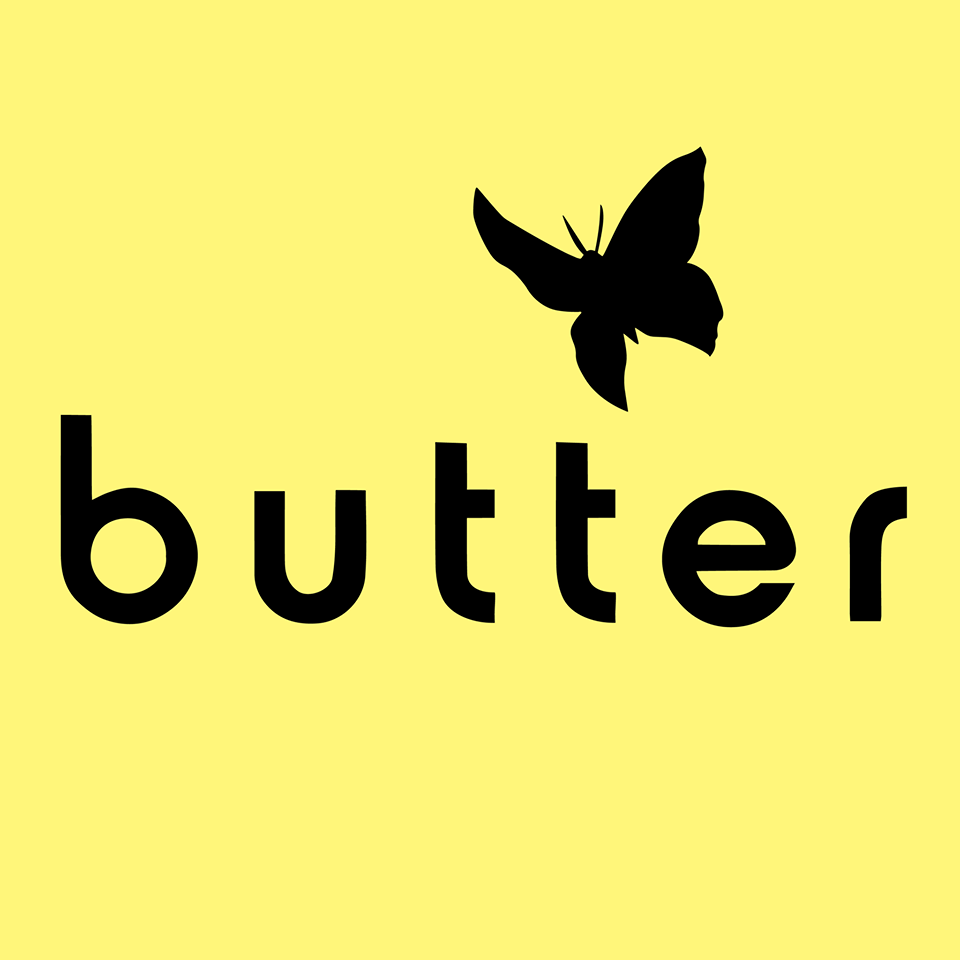November Blog entry - Wasting the waste
My early memories of working in a restaurant as a high school student include evening struggles to haul out large bins of waste for the trash dumpster along with buckets filled with used cooking oil. I really didn't think much about the amount of trash we generated or where it was going. The extent of my own "recycling" efforts were confined to church newspaper drives, where we worked a weekend trying to fill up a semitrailer with old newspapers from our neighbors. I do remember that first Earth Day, and it was about that time, a Recycling Center had opened up in our town, where our family began to bring items sorted into about a dozen different bags. But I have tried to be aware of the progress these past 50 years, and have tried to be more aware of my own impact through the waste I create.
No surprise then that Butter's initial values included a zero-waste goal. Reducing waste and eventually eliminating waste from our operations has been a 15-year journey, moving closer to that point when all of our waste will have a way to be reused.
Until this year's pandemic shifted our business model to remove dining in. We had managed to control and capture most of waste through our customer service center, packaging choices and efforts to educate customers. But as we moved into packaging up all of our items, and even running into the difficulty of sourcing packaging options to reduce waste, we have needed to rely on customers to choose to care for the waste outside of our shop. And sadly, although we have a sorting system in place on our patio, the contamination of our composting and recycling bins has meant we can rarely compost or recycling much at all. Even more sadly, we watched expensive compostable packaging go out on to our patio (where we would have served customers on real dishes in the past) and then land in trash containers. I take this seriously and acknowledge the growing evidence that our choices now will determine whether we destroy our home or create an livable planet for humans into the future.
Making the choice to pay premium amounts for the compostable containers for helping customers bring food home, and not have them serve their purpose or be able to complete their cycle by helping create new soil frustrates me a lot. I realize that there have been many other worries and concerns that have risen above "am I disposing of my container responsibly?" But unfortunately, because our business model was not designed for being solely take out, we our monthly losses are even larger due to my choice of packaging.
I do continue to marvel at how our city has encouraged home composting. I have watched our neighbors make better choices and learn to reduce their own waste. I am hopeful that the business community will eventually all join in. We continue to make progress, and when this pandemic is past, I can hope that our attention will shift and we'll be ready to stop eating out of boxes.
And so, as all this has been swirling around, I've also been trying to set up something that might take us another step closer to our zero-waste goal. We found kindred spirits in a business startup seeking to make "take out" sustainable. The team with Forever Ware have designed a system for offering an option to use re-useable containers for takeout from a favorite restaurant. We're partnering with them to be a drop off for containers and to use the stainless steel containers as a no-waste method for moving food from here to your home. We are excited to invest a new model for the restaurant industry (again) and hope you will invest in it too. All you need to do is put down a deposit for the containers you will use and ask for your packaging to be Forever Ware. When you return the containers, you'll have credit ready to put another set to use. Other rewards of this swap system; Butter will get to reduce the amount packaging we purchase and you'll get to join us in reducing the amount of disposables that need to be manufactured.
Like other up-front investments, this requires commitment, faith, and a view to the long-term gains. Like other environmental movements, habits and attitudes are often slow to take hold. Like other wild ideas, it's a bit lonely being one of a small group of people working for change. So let's walk this one together - another adventure lies ahead!
